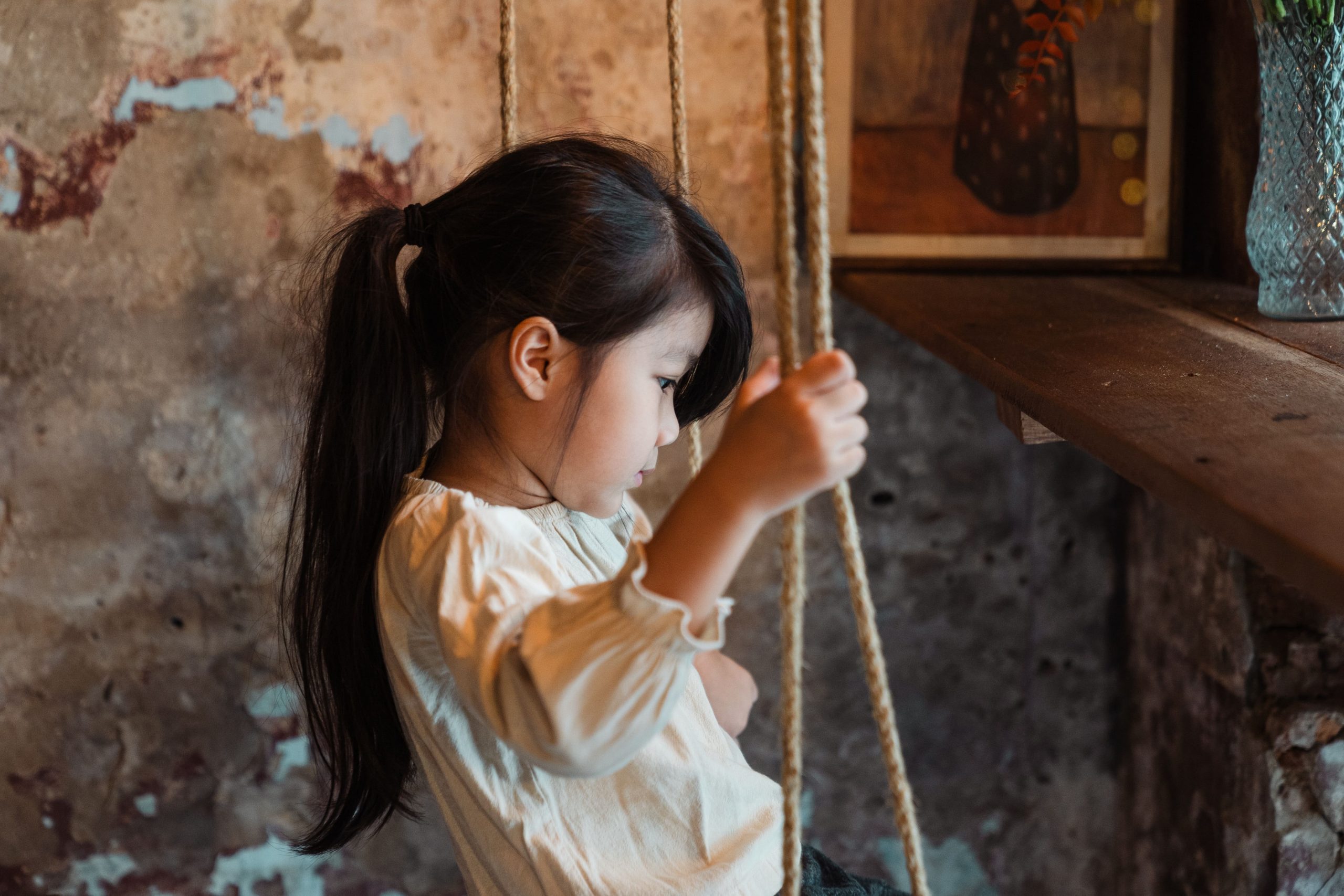Unlike property, which can be divided equally, child custody is not limited to being fair to the couple, but the child must also be taken into account.
In Malaysia, there are several types of child custody, for example, joint custody, full custody , or custody with reasonable access to the other parent. The issue of custody can be determined by the parents. In the context of a joint petition for divorce in Malaysia, child custody issues are agreed upon by the parties themselves.
Note: This article is written for the state of Sabah so we will avoid talking about the Married Women and Children (Maintenance) Act 1950.
Let us look at some important points that may help you better understand how the custody decision is made.
Who gets custody of the children?
Custody can be of two types:
- Single-parent custody:
Custody exercised by one of the parents. Normally the other parent is entitled to an established visitation regime. For example, custody may be granted to one of the parties and a visitation regime in favor of the other parent consisting of one weekend every 15 days.
- Shared custody:
Custody shared by both parties, acquiring the same rights and duties. In this case, it can be of different types, which we develop below.
Types of child custody
There are two types of child custody:
- Legal custody:
Refers to the legal ability of parents to make important decisions on behalf of their children in matters such as education, religion, extracurricular activities, and medical care.
Unless one parent is abusive or otherwise unfit, courts grant this right to both parents. This is called “joint legal custody”.
- Physical custody:
This refers to where the children live and how much time they spend with each parent and is often the common cause of custody disputes. When only one parent is awarded physical custody, it means that the child resides with that parent and spends most of the time with that parent.
Does the mother always stay with the children?
One of the most common misconceptions when it comes to child custody in Malaysia is that the court always favors the mother; although this is not entirely wrong; there is a rebuttable presumption under section 88(3) of the LRA 1976 that the good of a child under the age of seven is to be with its mother. This is primarily due to the fact that babies are more physically dependent on their mothers by nature.
But in deciding whether that presumption applies in a particular case, the court has to consider the inconvenience of disrupting the child’s life with a change of custody.
If the father wants to obtain custody of his children under the age of seven, he will have to prove that his spouse is an unfit mother.
What happens if there is no agreement between the parties?
The Court may intervene if the parties are unable to agree on the terms of custody. In such circumstances, and very often in the individual petition for divorce in Malaysia, the court will make a decision in the best interests of the child and the welfare of the child is the paramount consideration.
In Malaysia, this is provided for in Section 88 of the Law Reform (Marriage and Divorce) Act 1976. The law also presumes that it is in the best interests of the child under 7 years of age to be with the mother. Although this is normally the case, this presumption can be rebutted if there is evidence to show that the mother is not capable of caring for the child.
What does joint custody mean?
Shared custody means that both parents have the right to live with the children for a period of time stipulated by the judge, as a general rule, the same percentage of time, although this does not always have to be the case.
In this way, both parts of the couple acquire co-responsibility in the education, upbringing and welfare of the children, on equal terms.
Shared custody is NOT POSSIBLE when one of the parents is immersed in criminal proceedings for an attempt against the life, integrity, freedom or sexual indemnity of the spouse or children or there are well-founded indications of domestic violence.
The highest priority is the welfare and best interests of the child.
Child custody can be enforced by any person at any time. Custody of the children of a marriage is normally determined at the time of the divorce proceeding of the marriage.
The court will consider factors such as the welfare of the child, the best interests of the child, the conduct of the parties, the financial situation, the wishes of the child and the parents, the preservation of the status quo of the child, as well as the physical, moral and emotional well-being of the child in awarding custody to the parties.
